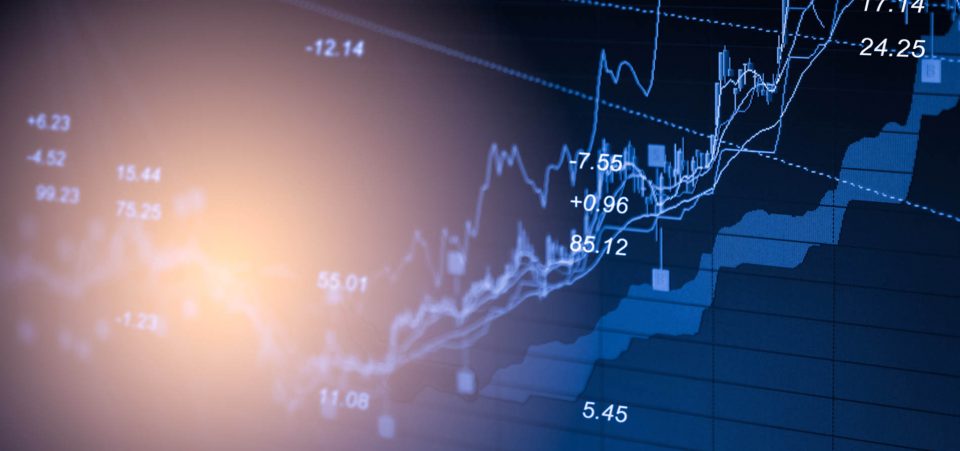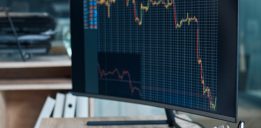CAPE Ratio Inventor Sees Present-Day Stock Markets as Historically Expensive
The renowned CAPE ratio inventor has fresh concerns for investors. Robert Shiller, the Nobel Laureate and Sterling Professor of Economics at Yale University, is warning that investors should be cautious about investing in such an “unusual” market.
Shiller is mostly speaking from a valuation perspective. His cyclically adjusted price-to-earnings (CAPE) ratio is flashing bright red. The CAPE ratio measures the stock price divided by a company’s 10-year earnings average, adjusted for inflation. Currently, it’s trading at the second-highest level in history, having recently moved past the 1929 bubble peak. We all know the end to that story.
The only time the CAPE ratio has traded higher than today was during the late 1990’s tech bubble. Back then, it breached 50, which is an absolutely astounding number in hindsight (today it’s around 30).
Shiller likely thought valuations were high back then, too. But there’s a catch. Crazy-high tech stock valuations skewed the CAPE ratio to make comparison with today useless. The Internet promised to be a world-changing innovation, and this caused a mania regarding the future potential earnings prospect of Internet stocks. Literally, the sky was the limit. Corporations were going to reach new customers, streamline the supply chain, and do away with expensive brick-and-mortal business models. The Internet was the original digital utopia.
While most agree the Internet (as an innovation) lived up to the hype, the wild future earnings projections of internet stocks did not. A handful of well-capitalized survivors like Amazon.com, Inc. (NASDAQ:AMZN) figured out ways to make a purely Internet-based consumer commerce model work. But it took many years to figure how to make money, and even then, they barely do.
Today, valuations are much less extreme on a sector basis, but more broad-based. Virtually every sector is trading 20%-80% beyond historical averages, but not necessarily in “bubble” territory per se. Says Shiller, “We are at a high level, and its concerning.” (Source: “Robert Shiller: “The Index I Invented Is At Levels Last Seen In 1929 And 2000”,” Zero Hedge, June 29, 2017.)
So if we throw out the wild, extreme skew the CAPE ratio displayed because of technology stocks in 1999, today’s market could be the most expensive ever.
Shiller Expects Low Returns on Equities Long Term
At the annual 2017 CFA Institute conference in Philadelphia, Robert Shiller and Jeremy Siegel squared off in a keynote presentation to showcase their arguments on the future expected returns of the U.S. stock market.
Of course, each evangelized their own unique methodology. But the bottom line, according to Shiller’s calculations, is that investors should only expect one-percent excess returns (over inflation) for stocks over the next 10 years. (Source: “Jeremy Siegel versus Robert Shiller on Equity Valuations,” Advisor Perspectives, May 23, 2017.)
If that figure proves prophetic, we see little reason to be invested in the stock market unless you’re a killer stock picker. Between fees, slippage, and emotional error, that’s a mighty thin margin. It also implies some sort of stock market crash is coming, since it’s highly unlikely markets will just grind down for 10 straight years. More likely, an eventual recession will spike volatility and create washout selling, causing havoc to 401k investors everywhere.
For investors thinking earnings growth will save the day, that’s wishful thinking, too. The International Monetary Fund (IMF) recently slashed 2017 and 2018 U.S. GDP forecasts, and believes 2017 will be the growth cyclical peak. In fact, looking ahead to 2022, the IMF predicts America will grow only 1.8%. Earnings growth will be hard to come by under such conditions.
In the end, it’s hard to argue with Shiller’s warning. The man who predicted the tech bubble and U.S. housing bubble top has earned his megaphone. And right now, it’s telling investors to be cautious, especially with very low 10-year expected returns in the pipeline.
Only the foolish would disregard his call.







